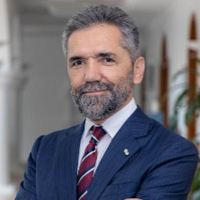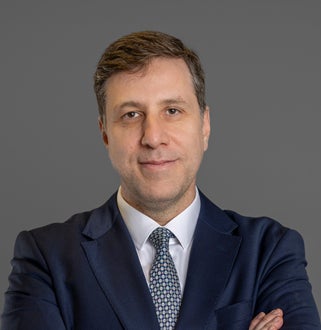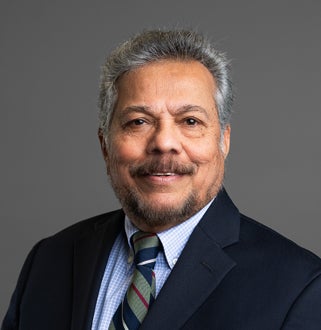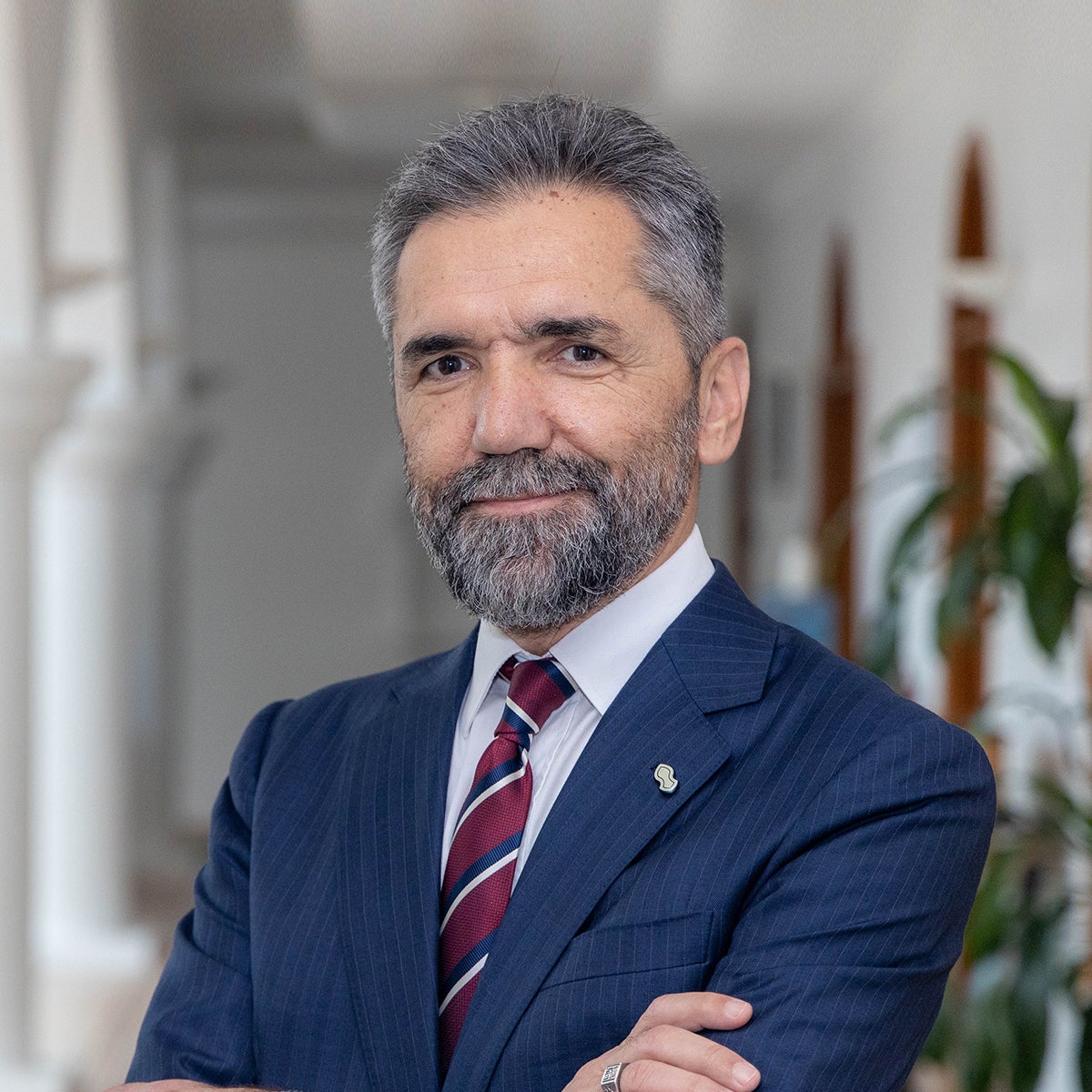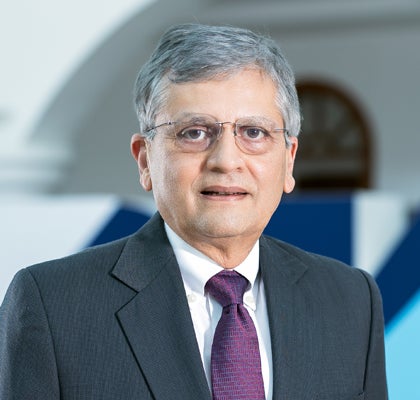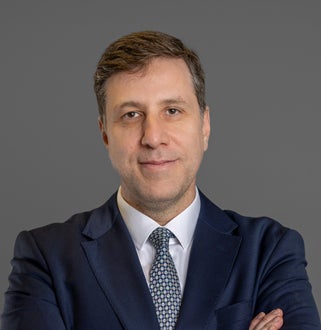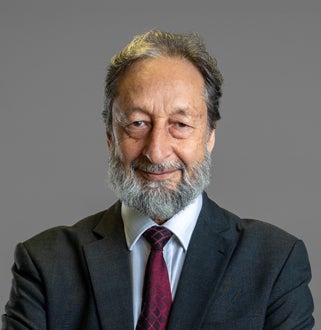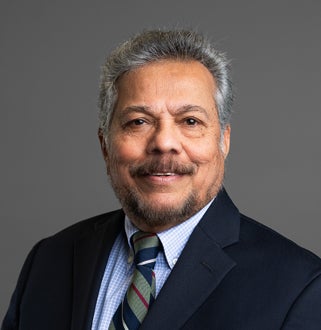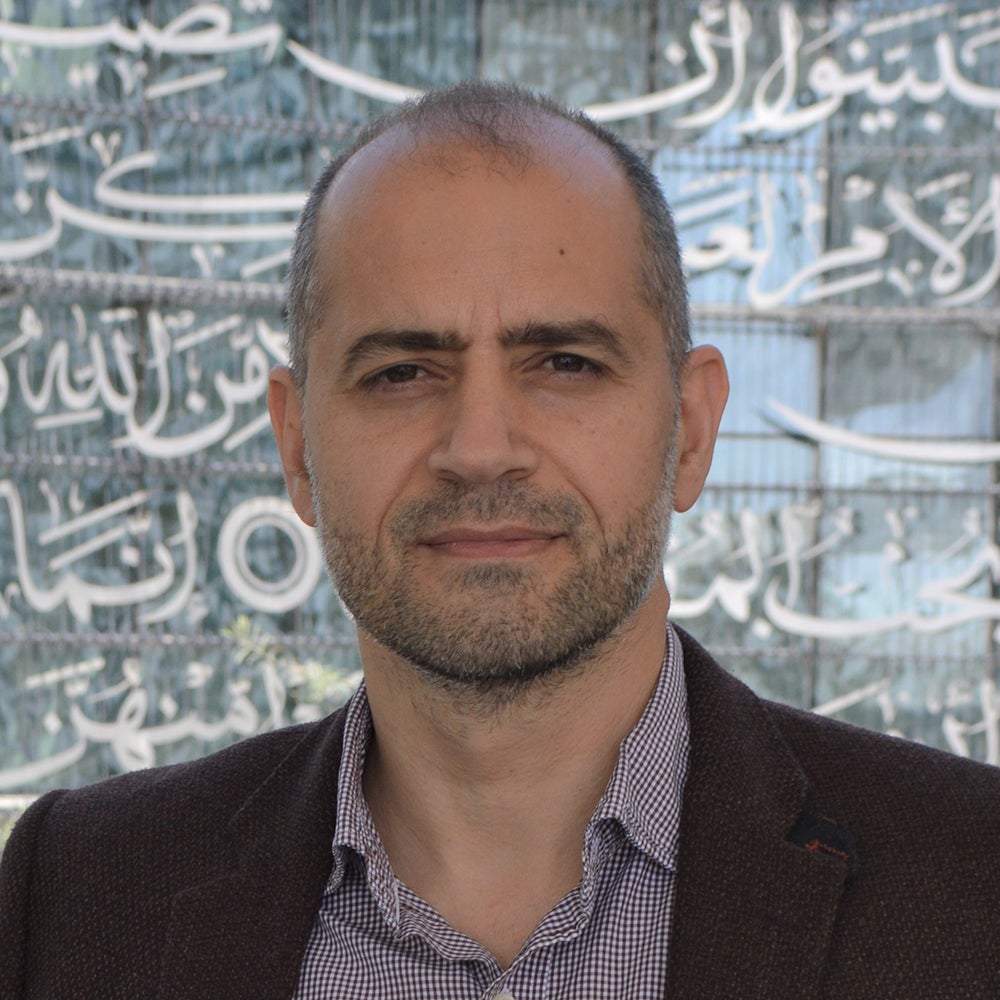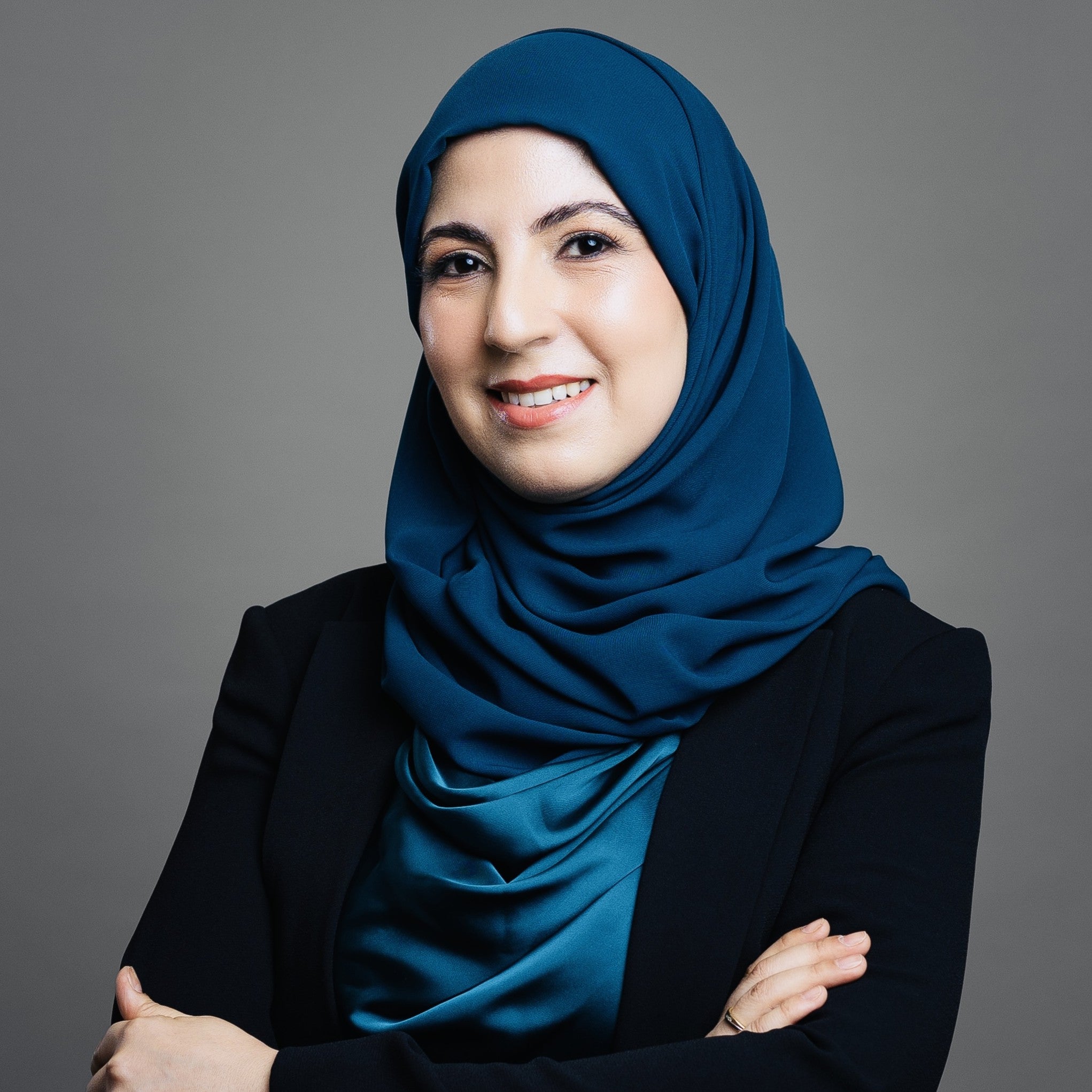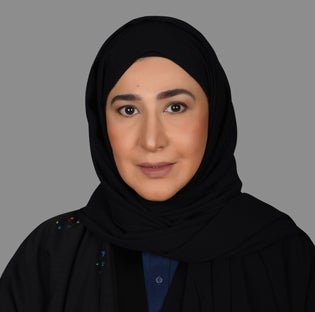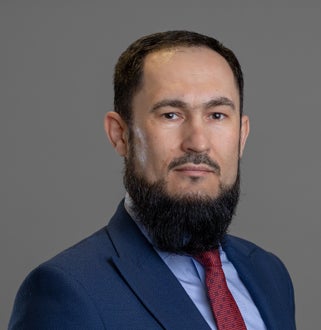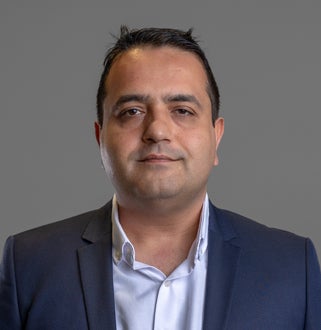8th International Conference on Islamic Finance: Islamic Finance in a Divided World
Conference Overview
The 8th International Conference on Islamic Finance (ICIF), organized by the Center for Islamic Economics and Finance at the College of Islamic Studies, HBKU, in partnership with the Qatar Financial Centre Authority (QFCA), addresses a time of increasing geopolitical fragmentation, economic uncertainty, and climate urgency.
This year's theme, “Islamic Finance in a Divided World,” examines how Islamic finance, grounded in ethical values, collective well-being, and social equity, can navigate the complexities of a fragmented global landscape.
Amid shifting political alliances, trade disruptions, and growing economic inequality, the conference’s theme emphasizes the capacity of Islamic finance to serve as a force for stability, inclusion, and sustainability.
The conference will explore pressing themes such as geopolitical realignments, regulatory pluralism, the rise of AI and digital finance, macroeconomic volatility, and climate change.
The conference will be held in English and Arabic with live interpretation for both languages.
Conference Objectives
- Reassess Islamic finance's global role amidst fragmentation
Investigate how Islamic finance can adapt and shape an era of shifting geopolitical alliances, regulatory divergence, and fractured financial flows. - Promote resilience through Islamic principles
Highlight the relevance of risk-sharing, social finance tools (e.g., zakat, waqf), and ethical foundations in navigating economic instability and social inequality. - Facilitate regulatory and governance innovation
Explore diverse Shariah governance models and regulatory frameworks that enable cross-jurisdictional effectiveness and harmonization. - Advance digital and ethical transformation
Examine the integration of AI, fintech, and digital platforms in Islamic finance, ensuring alignment with Shariah ethics and promoting inclusive access. - Align Islamic finance with sustainability imperatives
Assess how Islamic economic values can contribute meaningfully to climate action and sustainability amid declining global cooperation. - Address macroeconomic shocks with Islamic insights
Analyze inflation, monetary shifts, and systemic risks from an Islamic finance perspective, proposing policy pathways rooted in stability and justice.
Dean’s Message
I am honored to welcome you to the 8th International Conference on Islamic Finance (ICIF). As we convene for this important edition of the conference, we do so at a time of technological transformation, urgent environmental issues, and socio-economic shifts. These developments highlight the growing need for a financial system that is efficient but also ethical, inclusive, and sustainable.
This year’s theme, “Islamic Finance in a Divided World,” reflects our dedication to promoting Islamic finance as a framework rooted in justice, resilience, and shared prosperity. At the College of Islamic Studies, we are committed to exploring how the ethical foundations of Islam can inform and inspire innovative solutions to today’s most pressing challenges, ensuring that future generations continue to benefit in an ever-evolving world. This conference embodies our ongoing mission to serve as a platform where tradition meets transformation and where visionary ideas converge to shape a more just and balanced economic future.
I sincerely appreciate all our partners, contributors, and participants whose efforts have brought this conference to life. I look forward to the enriching exchange of ideas and the forward-looking insights that will emerge from our collective engagement.
Warm regards,
Chair’s Message
It is with great pleasure that I welcome you to the 8th International Conference on Islamic Finance (ICIF). At a time marked by rapid technological transformation, deepening environmental crises, and widening socio-economic disparities, the relevance of Islamic finance, as a system grounded in ethical values, equity, and shared prosperity, has never been more profound.
This conference serves as a vital platform for critical engagement, scholarly exchange, and interdisciplinary dialogue. It invites us to reflect on how Islamic finance can address the multifaceted challenges of our era. Rooted in the Islamic tradition of responsible stewardship, social solidarity, and economic balance, Islamic finance offers both a moral compass and a practical framework for navigating global complexities.
Through the collective insights of scholars, practitioners, and policymakers, we aim to examine the evolving role of Islamic finance in shaping a more inclusive and resilient global financial architecture. I am confident that the deliberations during this forum will not only enhance academic and professional discourse but also foster innovative approaches that harmonize traditional values with contemporary imperatives.
Thank you for your active engagement and contribution to this timely and significant dialogue.
Warm regards,
Strategic Partner |
Media Partner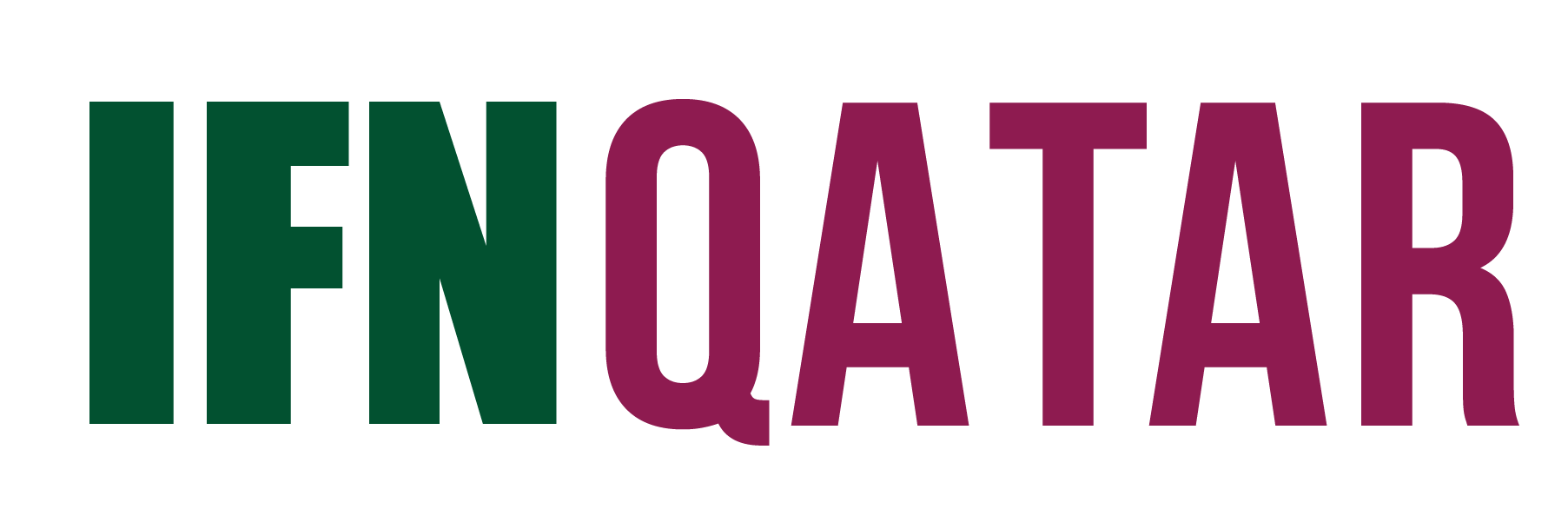 |
Publishing Partner |
About the Center for Islamic Economics and Finance
The Center for Islamic Economics and Finance (CIEF), one of the research arms of the College of Islamic Studies at Hamad Bin Khalifa University, is dedicated to the study of relationships between Islamic faith and economic phenomena and the effect on the behavior of individuals, institutions, and markets by broadly examining Islamic perspectives on production, redistribution, and exchange through an interdisciplinary approach.
Edited volumes from previous conferences published by international publishing houses:

|

|

|

|

|

|
About The College of Islamic Studies
HBKU’s College of Islamic Studies (CIS) was founded to become a beacon for contemporary Islamic scholarship and thought, and a platform for meaningful intellectual and cultural dialogue on Islam and Muslims. Through its nine academic offerings and research centers, the college seeks to address some of the most pressing questions facing Muslim communities today, both locally and globally. Through its offerings, the college strives to advance a better understanding of Islam and its social dimensions and to produce graduates who can contribute and excel in a rapidly changing world.
About Hamad Bin Khalifa University
Hamad Bin Khalifa University (HBKU), a member of the Qatar Foundation for Education, Science, and Community Development (QF), was founded in 2010 to continue fulfilling QF's vision of unlocking human potential. HBKU is a homegrown research and graduate studies University that acts as a catalyst for positive transformation in Qatar and the region while having a global impact.
Located within Education City, HBKU seeks to provide unparalleled opportunities where inquiry and discovery are integral to teaching and learning at all levels utilizing a multidisciplinary approach across all focus areas.
HBKU is committed to actively contributing to achieving the Qatar National Vision 2030 by building and cultivating human capacity through an enriching academic experience and an innovative research ecosystem. Through applying creativity to knowledge, students will be able to discover innovative, locally relevant solutions that have a global impact.
At Hamad Bin Khalifa University – our students, faculty, staff, partners, and leadership – all share a common belief in the power of higher education and research to make a positive impact on the development of nations.
More information at www.hbku.edu.qa
About Education City
Our flagship initiative is a campus of more than 12 square kilometers that
hosts branch
campuses of some of the world's leading educational institutes, a homegrown
university, and
other research, scholastic, and community centers. Together, these
institutes make Education
City a unique model of academic and research excellence, pioneering a new
approach to
multidisciplinary, global education and enabling breakthroughs that benefit
Qatar and the rest
of the world.
More information at https://www.qf.org.qa/education/education-city
About Qatar
Qatar has been an independent sovereign state since 1971. Qatar comprises an
11,500 sq. km
peninsula extending northwards into the Arabian Gulf. It has 563 km of
uninterrupted coastline.
The country's population stands at 2.69 million and its capital city is
Doha.
Local time is GMT/ UCT + 3 hours. There are no daylight savings
adjustments.
Qatar has a desert climate with year-round sunshine, very hot summers, and
mild winters. Mean
monthly temperatures range from 17°C in January to 36°C in July, sometimes
reaching highs of
45°C+ during the summer. Rain is infrequent, falling in brief showers mainly
in winter.
Capital: Doha
Population: 2.68 million
Area: 11,500 sq. km
Language: Arabic
Religion: Islam
Currency: Qatari Riyal
Power Connection: The power plugs and sockets are of type D and G. The
standard voltage is 240 V
and the standard frequency is 50 Hz.
Transportation
Karwa is the national taxi and limousine service. To book a taxi call +974
800 8294. You can
pay by cash, bank card, or mobile payment.
Karwa taxis can be ordered or pre-booked via the Karwa Taxi app (available
on iOS and Android),
or hailed from the street.
UBER taxi service is also active in Qatar.
You can use your international driving license for seven consecutive days.
Metro
The metro system has three lines (Gold, Green, and Red) covering 37 stations.
Trains run every
3 minutes and staff are available at every station to assist you during your
journey.
You can buy a travel card at stations and then save time by topping up
online or on the Qatar
Rail app (iOS and Android)
All stations have elevators and all train carriages provide space for
wheelchair users and
pushchairs, as well as guide dog allowances. You can check the Qatar Rail
website before you
travel.
Free Metrolink buses run useful routes within 2 - 5 km of stations.
If you are traveling to central Doha, you can take the metro to one of these
stations, which are
conveniently located to access the Corniche area. You can change lines at Al
Bidda (Red and
Green) stations and Msheireb (Red, Green and Gold)
More information at https://www.qr.com.qa/home
Currency Exchange (March 2023)
Minor Unit: 1/100 = Dirham
- 1.00 EUR = 3.88 QAR
- 1.00 USD = 3.64 QAR
- 1.00 GBP = 4.40 QAR
More information at https://www.visitqatar.qa
Conference Topics
We invite paper submissions from scholars and experts in the field. The conference is set to cover a wide range of topics, including but not limited to:
- Geopolitics, fragmentation, and Islamic financial systems
- Geopolitical realignment through Islamic financial networks
- Political risks of Islamic finance adaptation
- Stability through Islamic finance principles
- Ethical finance as an economic stabilization mechanism
- Islamic social finance and community resilience
- Regulatory adaptation and Shariah governance
- Harmonization of Islamic financial regulations
- Challenges of cross-border Shariah compliance
- Technology, AI, and digital Islamic finance
- AI technology and ethics in Islamic financial services
- Technological innovations in Islamic finance systems
- Sustainability and Islamic economic values
- Islamic finance as a climate change mitigation strategy
- Ethical investment for sustainable development
- Macroeconomic volatility and financial resilience
- Islamic monetary theory in global economic uncertainty
- Systemic risk management in Islamic financial institutions
Paper submission deadline: August 1, 2025
To submit your paper, please complete the form HERE.
Paper acceptance notification: August 3, 2025

